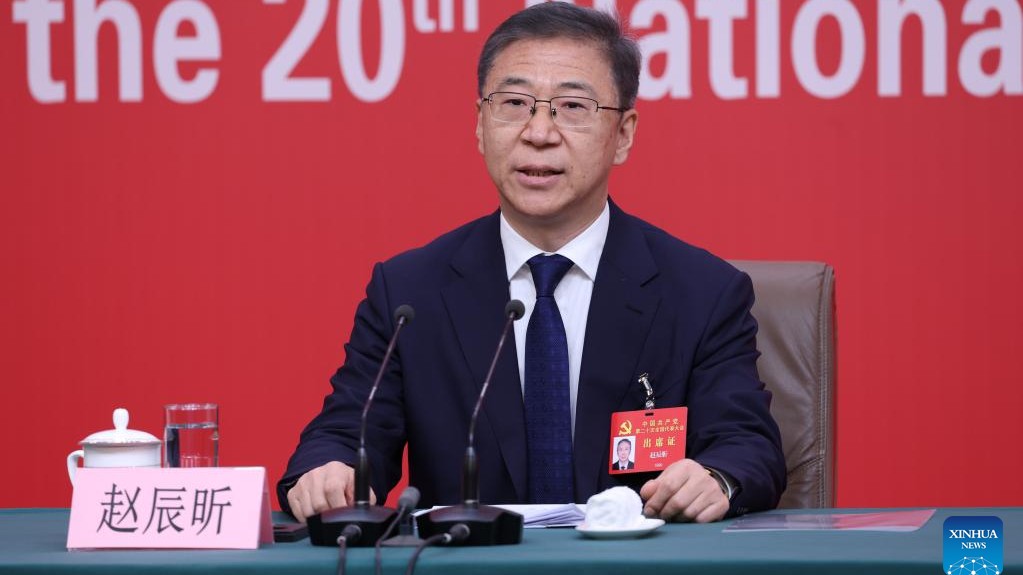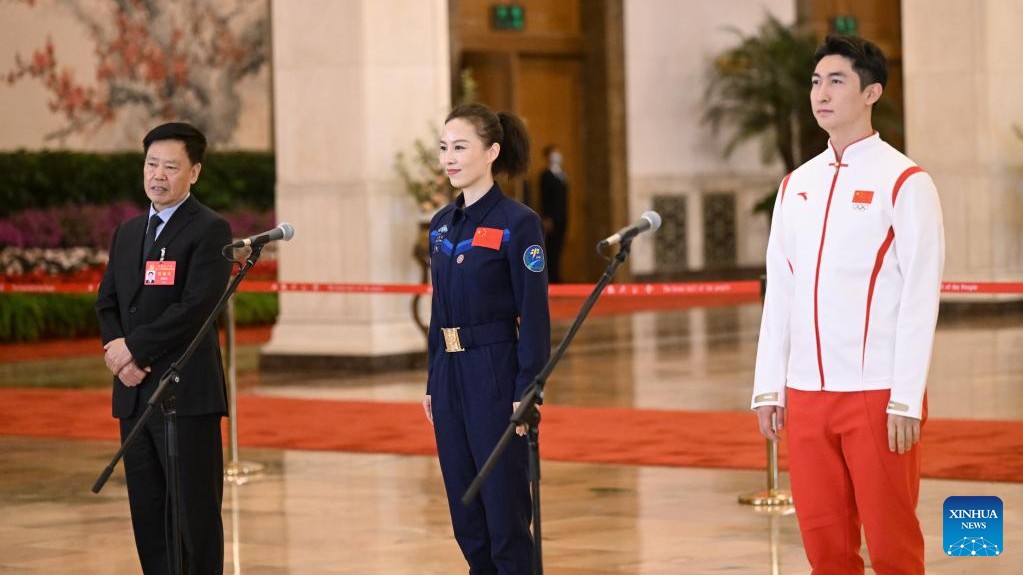The narrative of concentration camps and forced labour seems internationally accepted as truth but just don’t seem to be real. Xinjiang is a very different place; security is tight. A counter-terrorism operation exists which was praised by the UN’s Vladimir Voronkov in 2019 and there hasn’t been a terrorist incident for 4 years. But being hailed as a success by the UN is not what the world wants to read. Labelling China as human rights abusers, genocidal oppressor, seems to sell news.
Security in Xinjiang is intense, ubiquitous and intimidating, so, when people go there for short visits the obvious feeling is discomfort. After a few days the feeling changes.
It’s actually not as bad as it appears. Late 2019, waiting in Urumqi for bikes to arrive so we could start a 4,500-kilometre ride back to Guangdong, there were things we needed to buy. One morning, we went for a coffee, walked through a metal detector and carrying things we’d bought, the metal detector buzzed and lights flashed, I opened the bag to show a security officer but he waved me through. A few hours later, entering our hotel, we put our bags on the security screening belt and walked through the metal detector. Again, the buzzers and lights started but the security guard smiled and waved us through. In the bag, on the X-ray machine, were two potential bombs in the form of gas cannisters, but they knew what we were planning and, once again, waved us through with a smile.
Entering pedestrian malls, everyone goes to a facial recognition scanner, shows their ID card and the scanner matches the ID card to the face, allowing entry. It got awkward for me, because I use a passport. My wife could get in but, I couldn’t. That is, until a helpful, smiling and friendly security officer scanned her ID and told me to go through behind my wife.
Schools are, surrounded by barbed wire and entry is limited by turnstiles, kids go through individually after scanning ID. There are security guards inside and outside. Across the driveway is a barrier, on wheels so it can be rolled back. Barbed wire wraps around massive protruding metal spikes.
Kids and staff are safe inside but is this an abuse of human rights? These measures take a little time but no-one in Xinjiang has lost their life to terrorism since they started. So, the answer is no.
“Experts” postulate on massive purchases of barbed wire, chain-link fencing beds and draw conclusions that prisons are being built. However, a visit to the city, or any other town or city in Xinjiang shows the products being used as security prevention methods for offices infrastructure and schools. Factories are being built and jobs are created with each factory incorporating large dormitories for workers, as with schools, dormitories are part of the workplace culture in China.
Our hotel reception had security officers. None carried a firearm, but had a restrainer, a long pole with a semicircle on one end for holding people at arms-length. These are known as cattle prods and are very useful tools for restraining people – much safer than guns.
Leaving Urumqi was easy, we packed the gear onto bikes outside the hotel, settled our bill, rode out of the car park and started riding towards Guangdong, 57 days away.
We read that Xinjiang is secretive, it has labour camps, re-education centres, even concentration camps. I read that people are not allowed to travel outside the cities, not allowed to take photographs. This isn’t true.
We rode out of the suburbs heading Southwest, about 90 minutes later we saw a huge building, the road straight ahead was blocked, this was to be the first of many checkpoints. We were funnelled into the driveway by policemen carrying firearms. We parked the bikes, walked into a modern air-conditioned building and were met by a female officer who asked us to sit down and brought us tea. We felt somewhat daunted, wondering if we would be sent back. Having read about the security we expected the worst. Once again, the opposite happened. Two officers sat down, asked for passports, entered details into a book, all the while chatting about our ride. More tea, bottles of cold water and finally a bowl of fruit. They asked us to pose for pictures and suggested a better road would be 5km back because this road used by more trucks and steeper. Then, they allowed us ride out freely.
We were checked often, sometimes several times a day, always kindly and helpfully, never experiencing anything resembling instructions on where we could or couldn’t go. My bike had a camera on the handlebars; I had a drone in my bag; my wife had a camera and three of us had mobile phones. No-one ever asked to see what photographs we had.
These are hardly the actions of a security obsessed regime with secret camps dotting the landscape and for this reason, I’m more inclined to believe my eyes than the internationally accepted narrative.
(Jerry Grey is a freelanced columnist currently living in Zhongshan, south China’s Guangdong Province.)




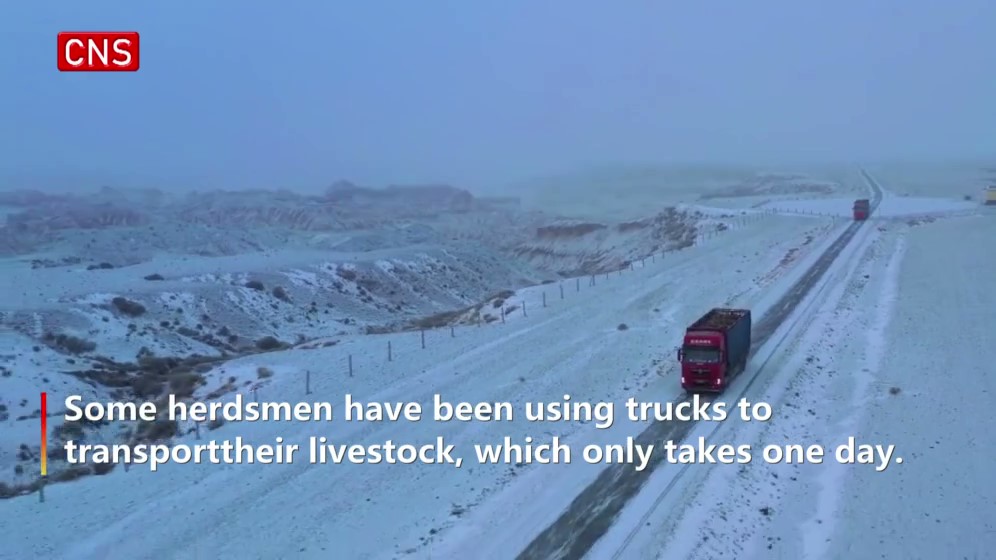




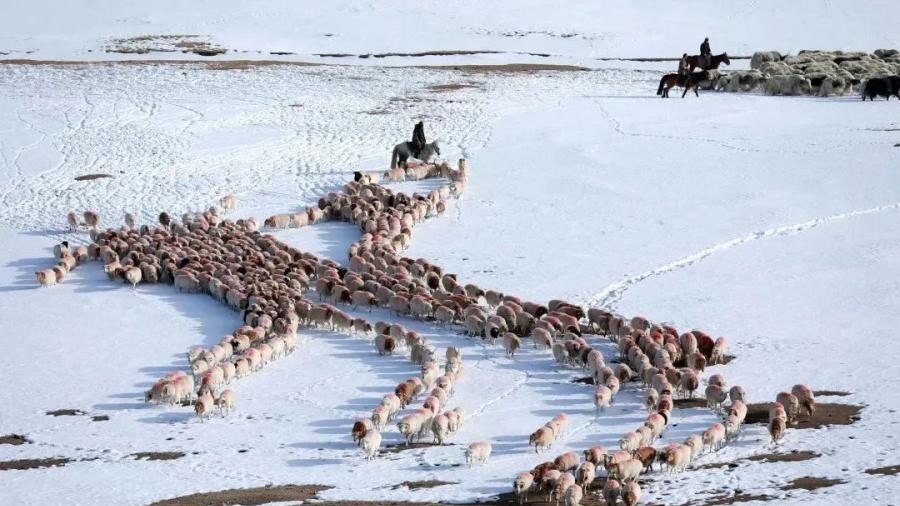
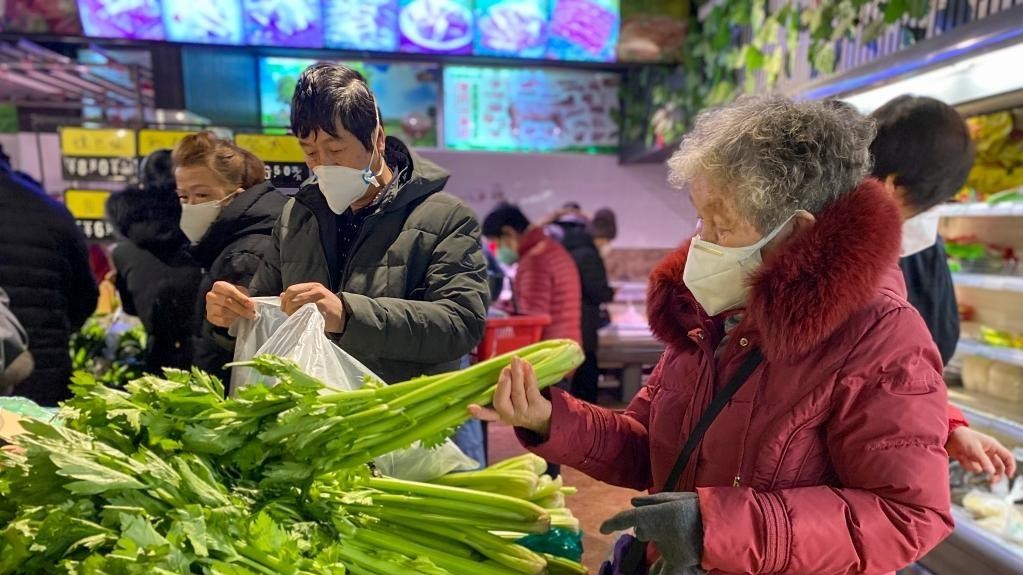
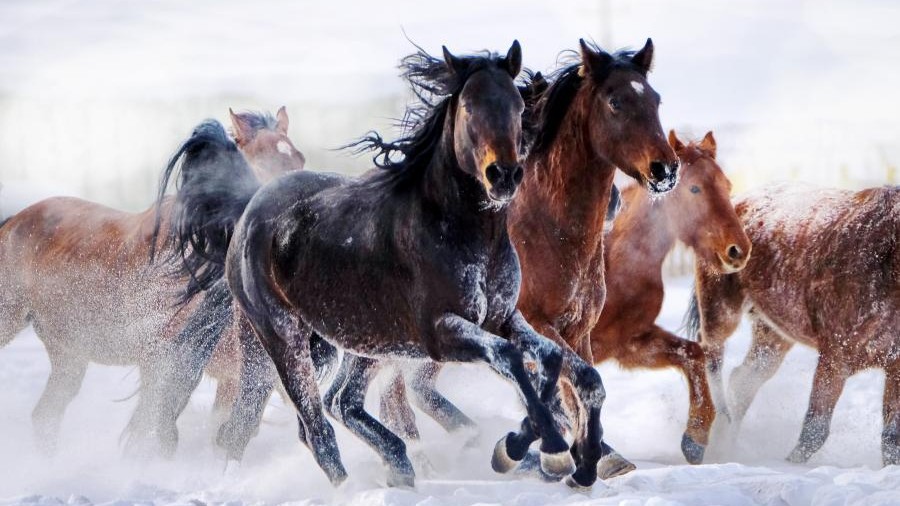
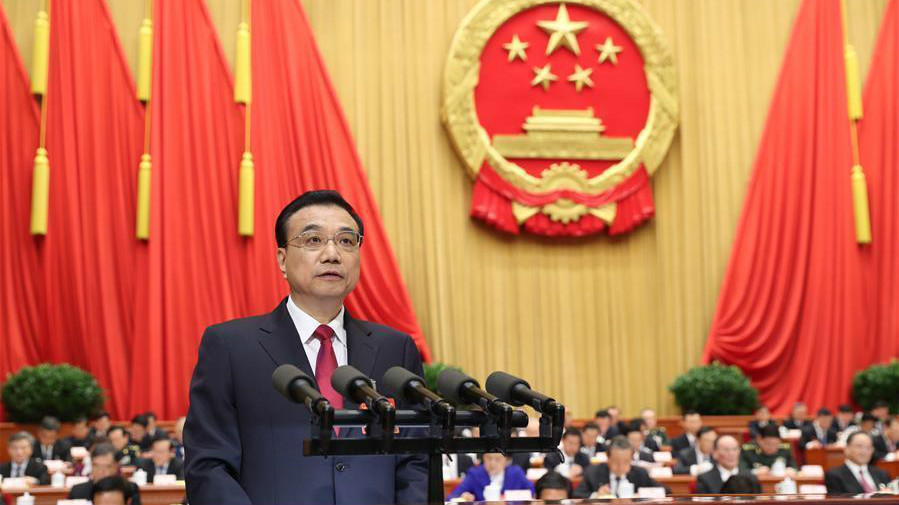

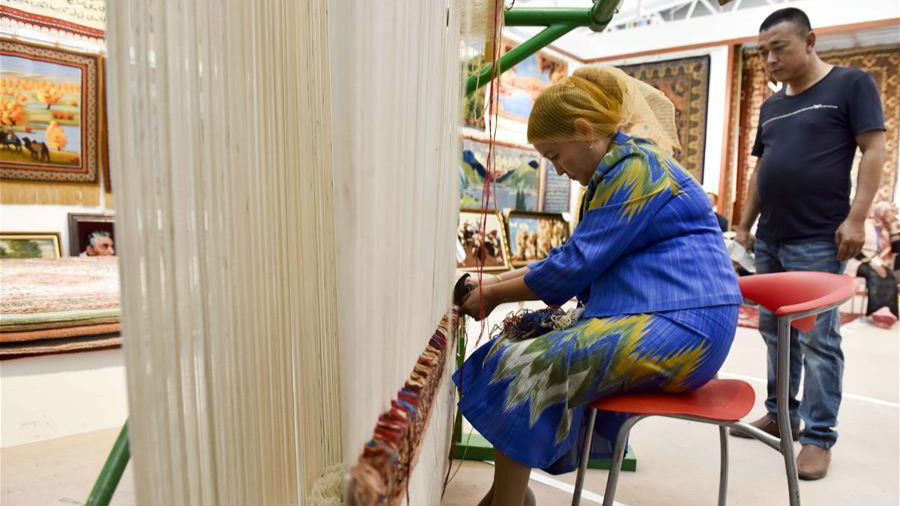
.jpg)
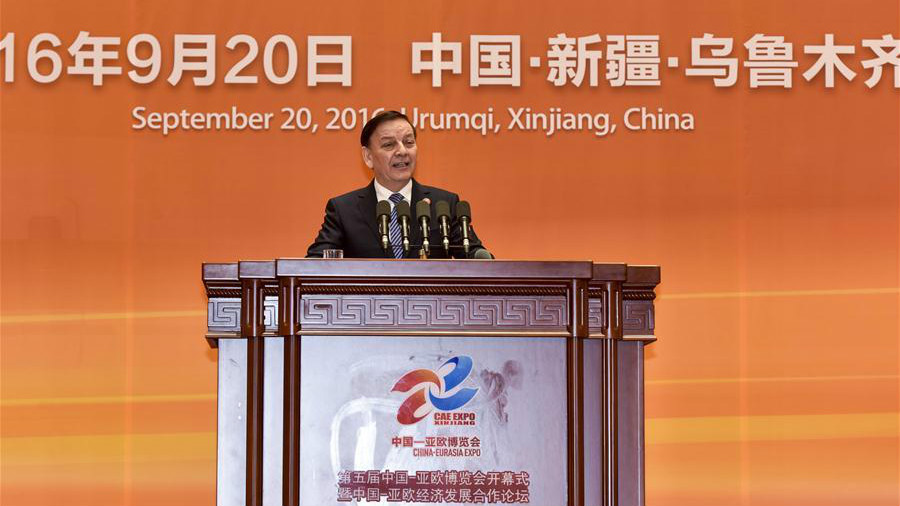
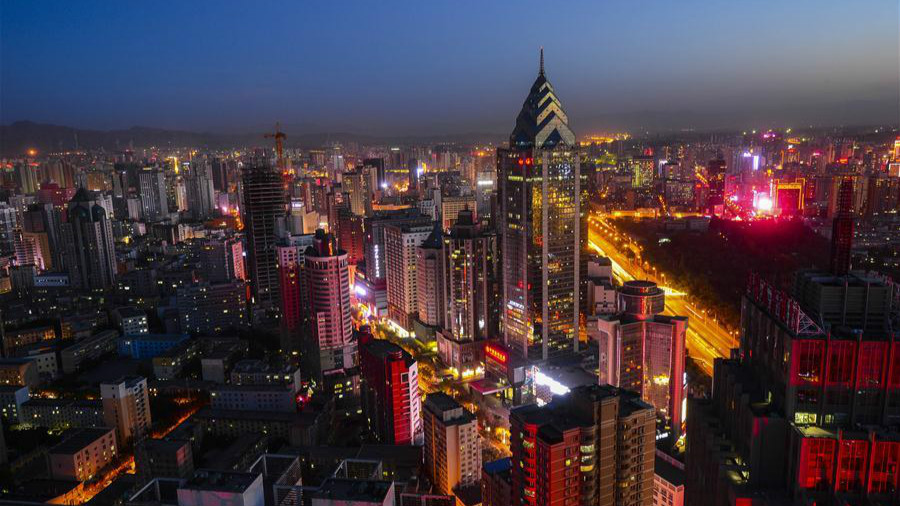
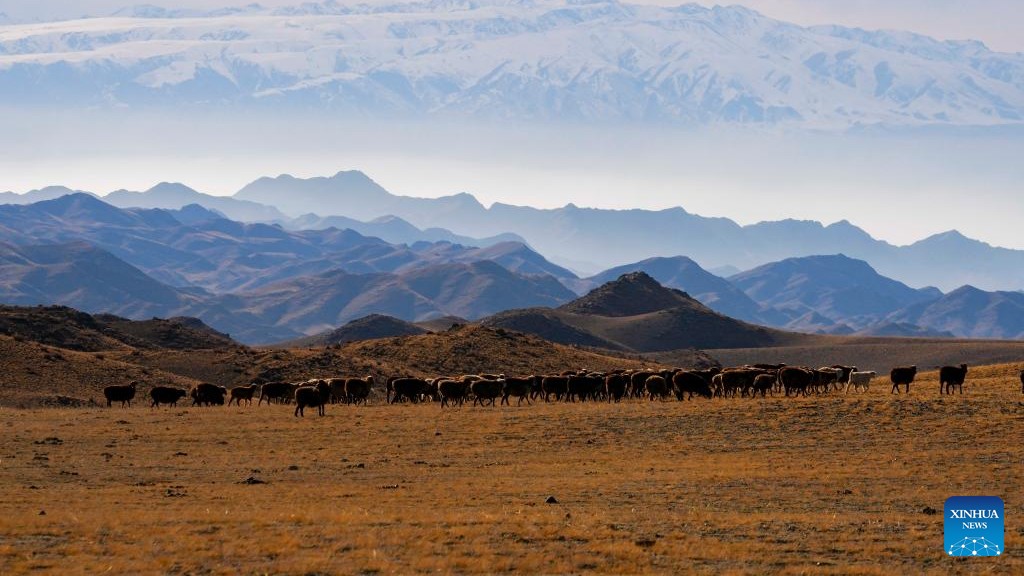
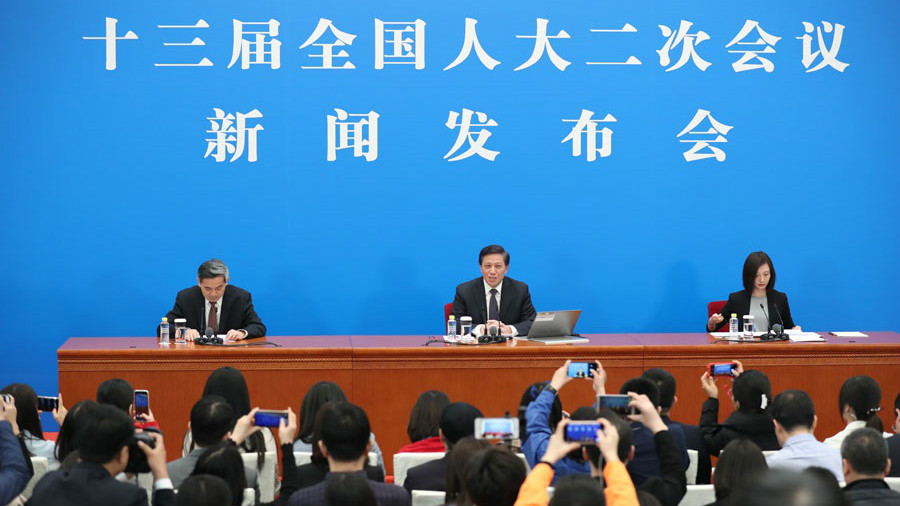

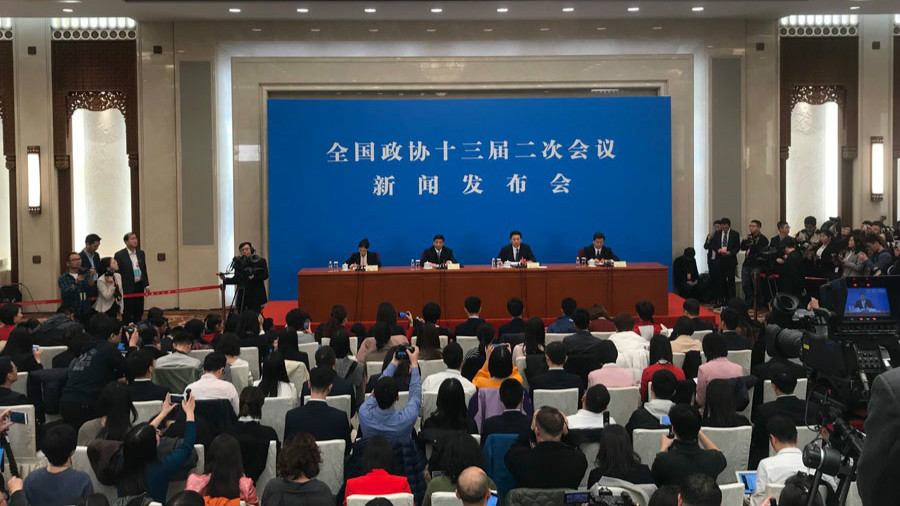
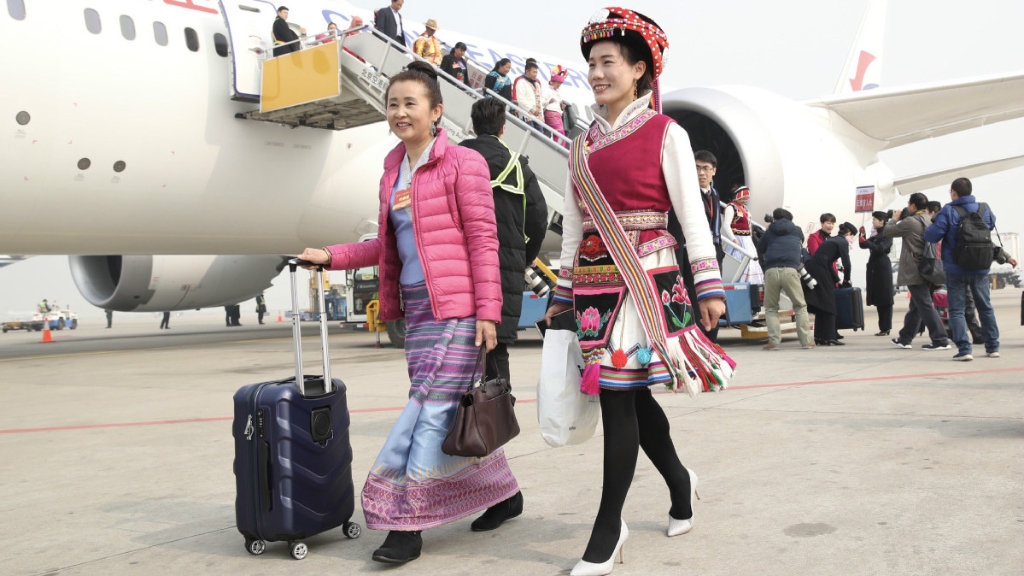
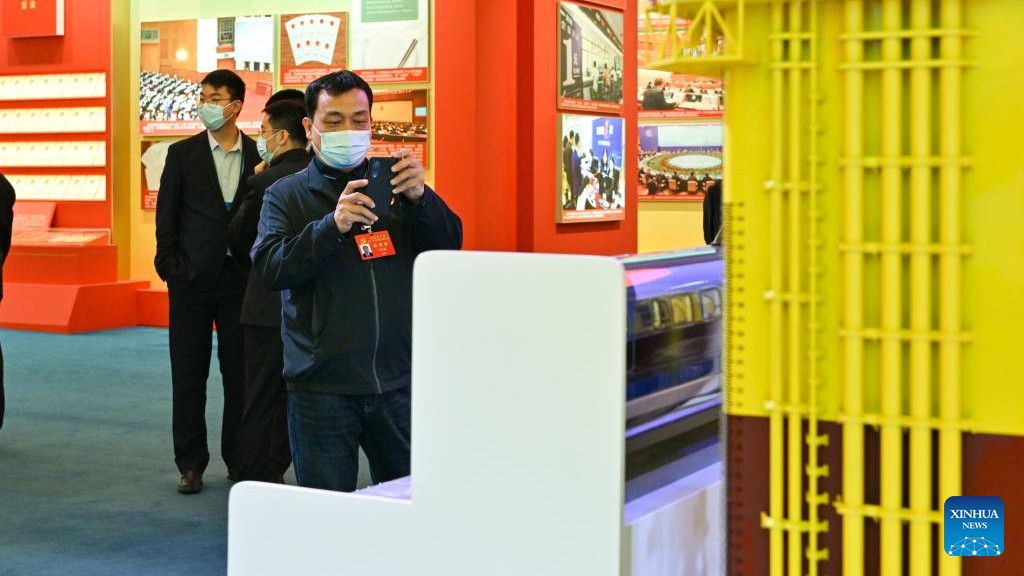
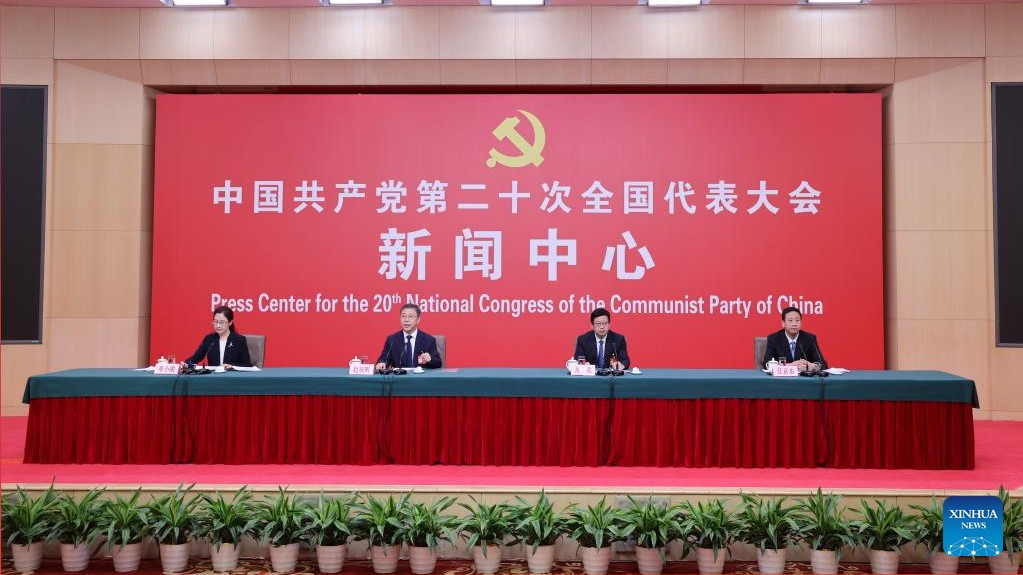
.jpg)
